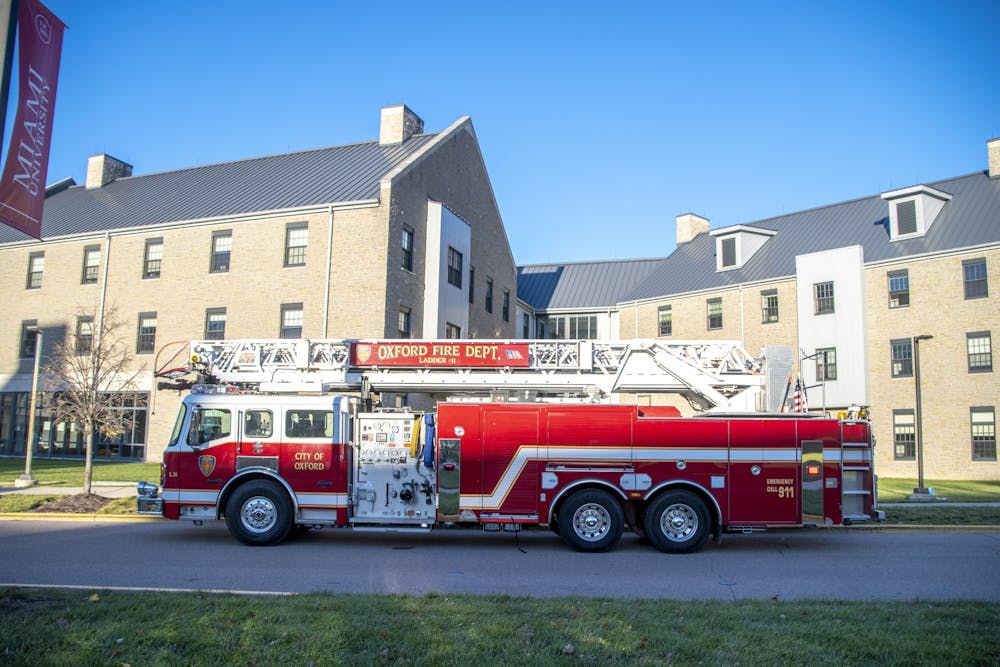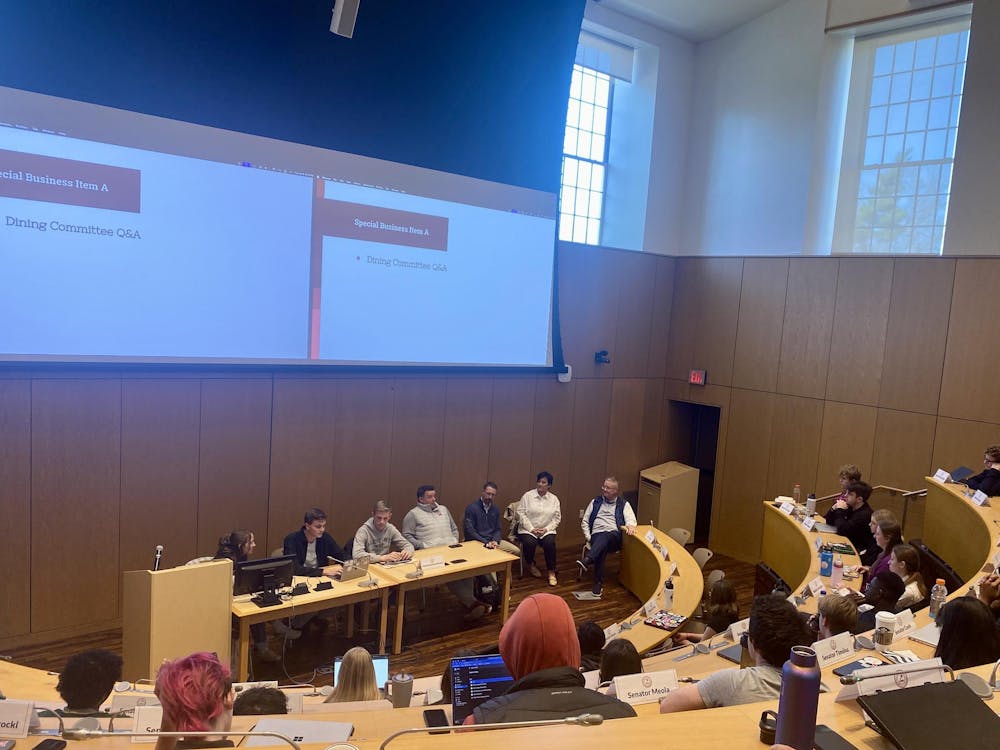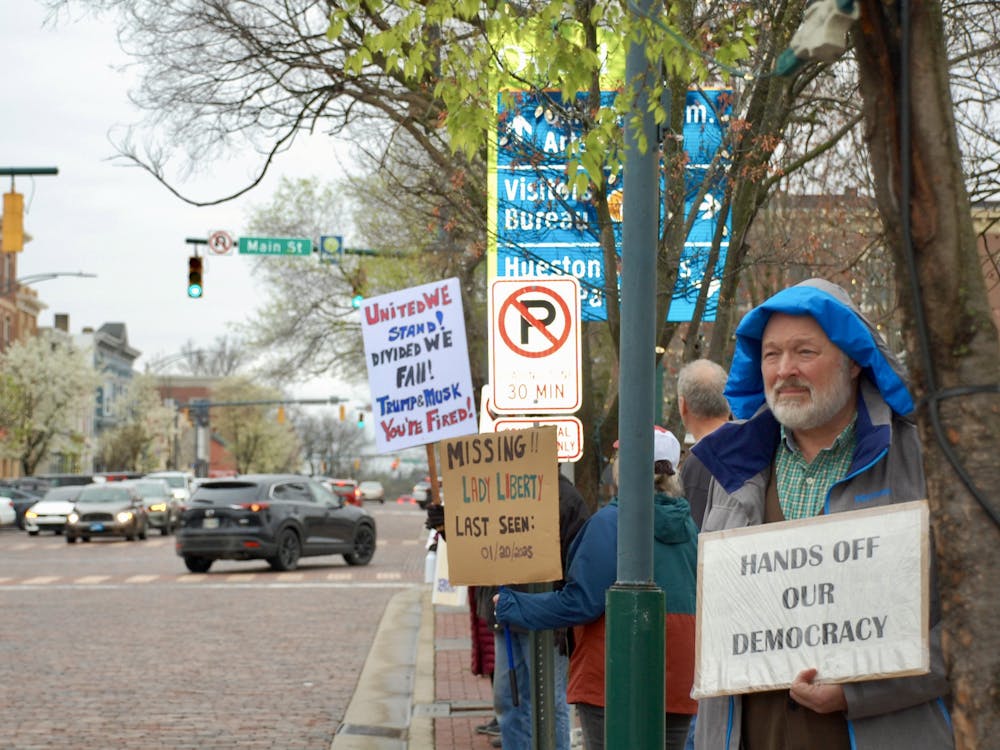As Miami University faculty embark on their unionization journey, the Oxford Fire Department (OFD) has just signed its first labor agreement with the city. The OFD union, named Oxford Professional Firefighters Local 5272, is almost two years in the making.
Jeremy Smith, a full-time firefighter/paramedic and president of Oxford’s union, said the department’s three captains and six full-time firefighter/paramedics started talking about collective bargaining in early 2020, right before the COVID-19 pandemic began.
“The pandemic definitely factors into our job quite a bit,” Smith said. “It definitely wasn't a reason or a driving force for us to organize the union, though.”
For Smith, the union allows Oxford’s emergency responders to have a voice in decisions that impact the community.
“The firefighters mainly just wanted to have a platform that we're able to speak from, whether it be to Miami University, to the public, to city leaders,” Smith said. “[It’s] an avenue that we have to be able to discuss what goes on and see if we can help the fire department grow.”
In June 2020, after months of conversations, OFD’s full-time employees officially signed the paperwork to join the International Association of Fire Fighters (IAFF) as Local 5272. After holding an official vote through the State Employment Relations Board (SERB), Smith and the eight other union members began negotiating a contract with the city in January 2021.
“[It] took essentially a full year of negotiations,” Smith said. “A lot of that had to do with the fact that it was a first contract, so we had to negotiate everything.”
From pay increases to time off to grievance procedures, the union and the city manager’s office spent a year deliberating on every aspect of the expectations for firefighters laid out in the contract.
City Manager Doug Elliott said despite a few sticking points, the negotiation process was successful for both parties.
“For the most part, most of the issues were resolved,” Elliott said. “We had talked about a different scheduling — we dropped that. They had asked for larger wages — they dropped that.”
According to Ohio law, collective bargaining with emergency services progresses in four steps: negotiation, mediation, fact-finding and arbitration. Each step beyond negotiation involves outside parties reviewing and moderating proposals, a method Elliott said the city and Local 5272 didn’t need to resort to.
One sticking point remains to be worked out, however.
Enjoy what you're reading?
Signup for our newsletter
In 2021, the city of Oxford responded to 2,570 calls for fire and EMS services. Miami accounted for more than 500 of the emergencies.
Nearly 60% of the total calls were false alarms.
“We have a really high call volume,” Smith said. “One of the driving forces is trying to figure out what's a good way for us to be able to respond to all of our calls in an appropriate manner … That's one of the biggest things we're still working with the city on.”
Elliott said they discussed the possibility of hiring new employees to lessen the load on individual staff members. In addition to its full-time staff, OFD employs 32 part-time firefighter/paramedics and emergency medical technicians (EMTs) and five student firefighters and EMTs.
“I agree that we need to consider adding on more firefighter paramedics,” Elliott said. “But that will be a challenge because there's a cost to that.”
OFD pays its operating expenses through EMS bills and 0.25% of the city’s income tax. The union’s negotiated pay increases will cost $126,000 through 2023, and hiring more full-time staff would add to that expense.
“We want to keep our pay competitive so that we can attract new firefighter paramedics and keep the ones that we have,” Elliott said. “If we indeed agree on adding additional firefighter paramedics, we'll also have a discussion of funding of those [positions].”




